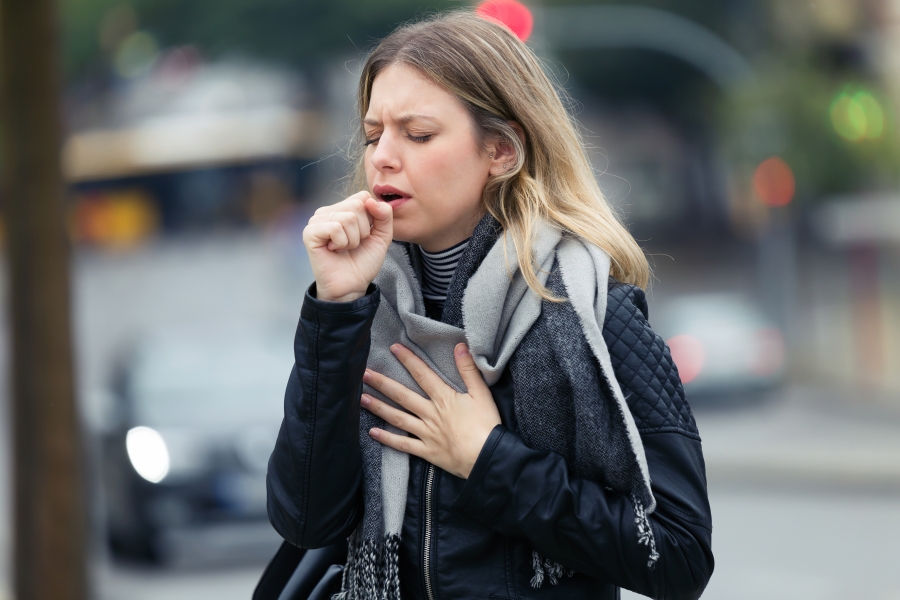For allergy sufferers, springtime brings more than sunshine and warm days. Thanks to budding trees, it also signals the start of runny noses, nasal congestion, sneezing, and watery, itchy eyes.
It’s estimated that up to 30% of Americans suffer from allergic rhinitis – the medical term for “hay fever” or “seasonal allergies.” Spring is usually the worst time of year due to the high tree-pollen levels. This is followed by grass- and weed-pollen seasons in summer and fall. Layer on dust mites and pet dander and you have a recipe for near year-round misery for some people.
Whether you’ve been formally diagnosed with allergies or you suspect you have them, here are a few medication-free ways that may help improve your symptoms:
- Start taking medicine before allergic symptoms appear, at least a week before allergy season begins.
- Exercise indoors instead of outside during the height of the spring pollen season.
- Wear glasses instead of contacts to cut down on eye irritation.
- Wear a filter mask when mowing the lawn or working outside in the spring.
- Close the windows and use air conditioning to cut down on allergens entering your home.
- Irrigate your sinuses using a sinus rinse every night to remove allergens that can trigger persistent symptoms.
- Shower at night to remove allergens. Pollen and other allergens can stick to your skin and lead to symptoms throughout the night.
- Wash sheets regularly with hot water and use an allergy-prevention mattress cover to cut down on dust mites. Mattress covers can be removed and washed regularly.
- Use a HEPA air purifier to remove allergens inside your home, especially if you own pets.
- Clean carpets regularly with an antiallergenic carpet treatment. Carpets harbor tons of dust mites, molds and other allergens. Vacuum carpets at least once a week using a vacuum with a HEPA filter. Use a mask while vacuuming as allergens in the carpets are disturbed and float into the air, worsening your symptoms.
- Take an antihistamine and/or nasal steroid spray if you know you will be in an “allergic environment.” For example, if you know you will be spending the day at a friend’s house who owns a pet, take an antihistamine such as Allegra, Claritin or Zyrtec prior to your visit.
- Declutter your house as much as possible. Remove “dust-catchers” such as heavy drapes, blinds, stuffed animals, and upholstered furniture.
If your allergies persist and over-the-counter medication isn’t providing relief, make an appointment with an allergy specialist at the Temple Head & Neck Institute to discuss your options.

